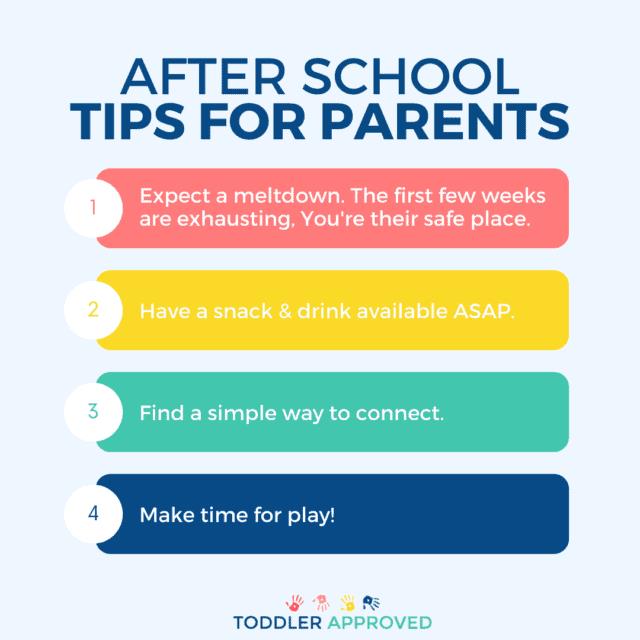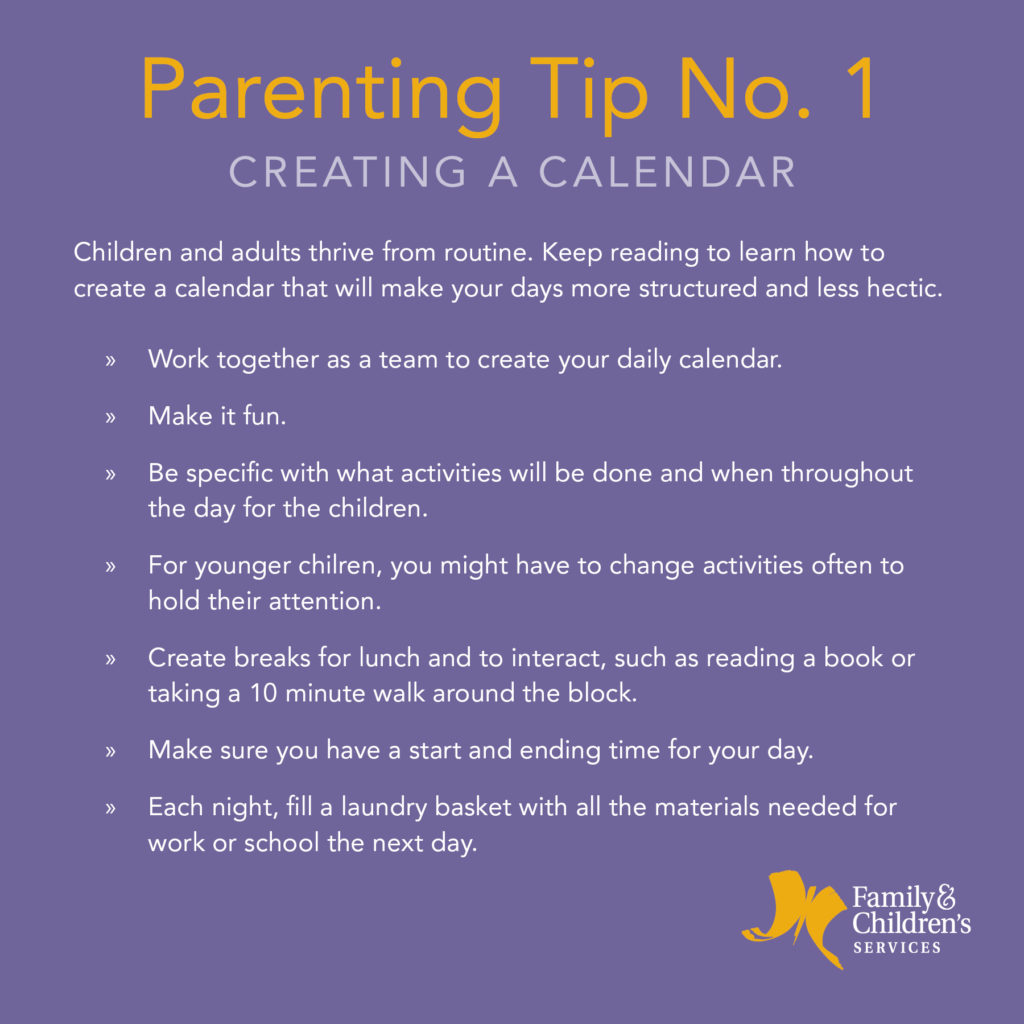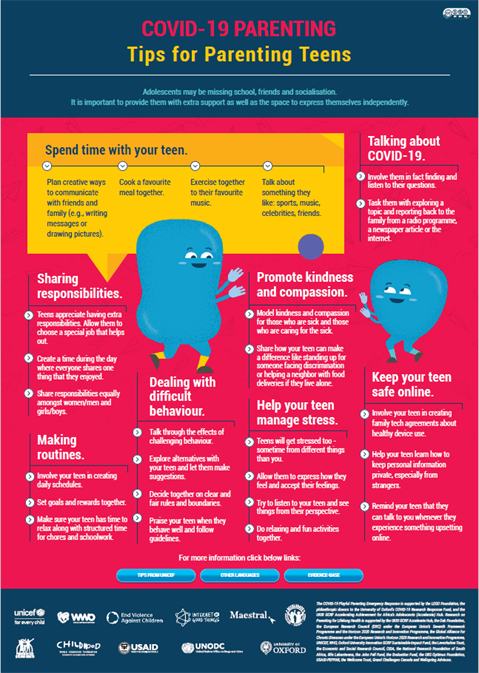
Are you ready to redefine parenthood? Today's parents face a vastly different landscape than those of the past, with new challenges and opportunities that require a fresh perspective.
Did you know that over 30% of households in the United States are headed by single parents? Or that LGBTQ+ families are on the rise, with an estimated 3 million children being raised by same-sex couples?
The modern parent must navigate these changing dynamics while also adapting to new technologies and societal expectations. But fear not!
This ultimate guide is here to help you navigate the complexities of modern parenthood. From understanding the changing landscape of parenthood to exploring alternative approaches like co-parenting, this guide will provide you with valuable insights and practical tips for success.

Whether you're a single parent, part of an LGBTQ+ family, or simply looking to redefine your parenting style, this guide has something for everyone. So buckle up and get ready for a journey towards freedom and empowerment as we explore what it means to be a modern parent in today's world.
Understanding the Changing Landscape of Parenthood
Get ready to explore the new era of being a mom or dad as we delve into how parenthood is evolving. Gone are the days when parenting norms were set in stone, and cultural differences played a significant role in shaping one's approach to raising children. Today, parents have more freedom to define what it means to be a modern parent.
With changing family structures and societal attitudes towards gender roles, the definition of parenthood has taken on new meanings. Single parents, blended families, adoptive parents, and same-sex couples all have their unique experiences with parenting that challenge traditional notions of motherhood and fatherhood.
As you navigate this changing landscape of parenthood, remember that there is no one-size-fits-all approach. Your journey will be unique and influenced by your personal values and beliefs.

Now let's explore how navigating parenthood as an LGBTQ+ family presents its own challenges and opportunities without skipping a beat!
Navigating Parenthood as a LGBTQ+ Family
Navigating parenthood as a LGBTQ+ family can be a challenging but rewarding journey, filled with love and acceptance. While society has come a long way in terms of accepting non-traditional families, there are still legal challenges that LGBTQ+ parents face.
Adoption laws vary from state to state and can make it difficult for same-sex couples to adopt children. In some cases, one parent may not have the same legal rights as the other, which can create complications in situations such as medical emergencies or custody battles.
Fortunately, there are support networks available for LGBTQ+ families who may need assistance navigating these challenges. There are organizations that offer legal advice and resources specifically tailored to LGBTQ+ parents. Additionally, finding a community of like-minded individuals who have gone through similar experiences can provide emotional support and guidance throughout the parenting journey.

By seeking out these resources and building strong support systems, LGBTQ+ families can thrive and raise happy, healthy children. As you continue on your journey through parenthood, it's important to recognize that every family faces their own unique set of challenges.
In the next section about single parenting: challenges and opportunities, we will explore how those who choose to go at it alone face certain obstacles while also experiencing great joy in raising their child independently.
Single Parenting: Challenges and Opportunities
Well, isn't it just peachy that we're now exploring the joys and struggles of being a single parent in today's society? It's not easy to raise a child on your own, but it can also be incredibly rewarding.
Single parenting comes with its own set of unique challenges, particularly when it comes to finances. Raising a child alone means you bear the financial burden by yourself, and this can be overwhelming at times. It's important to seek out resources that can help alleviate some of these financial struggles, such as government assistance programs or budgeting tools.

In addition to financial concerns, mental health support is also crucial for single parents. The pressures of raising a child alone can take a toll on one's mental wellbeing. Finding ways to manage stress and prioritize self-care is essential for maintaining good mental health.
This could mean seeking therapy or counseling services, joining support groups for single parents, or simply carving out time each day to do something that brings you joy. Remember that taking care of yourself is just as important as taking care of your child.
As you navigate the ups and downs of single parenting, remember that there are resources available to support you through these challenges. And if co-parenting feels like an alternative approach worth exploring, we'll discuss how to make it work in the next section without relying on traditional 'step' relationships.
Co-Parenting: An Alternative Approach
Co-parenting can be a game-changer for single parents who want to build a supportive and collaborative parenting relationship, and it's worth exploring in order to create a stable and loving environment for your child.

Co-parenting dynamics involve sharing the responsibilities of raising a child with another parent, whether that's an ex-partner or a friend. This approach allows you to have more time for yourself, while ensuring that your child receives the care and attention they need from both parents.
However, before embarking on this journey, it's important to consider some legal considerations. For example, you'll need to establish clear boundaries and agreements about how you will share custody and decision-making responsibilities. You may also need to consult with an attorney or mediator to ensure that all legal requirements are met.
By taking these steps early on, you can avoid any potential conflicts down the line and focus on building a positive co-parenting relationship with your partner.
Next up: The role of technology in modern parenthood!

The Role of Technology in Modern Parenthood
As a modern parent, you rely on technology in many aspects of your life.
This includes finding virtual support communities to connect with other like-minded parents who understand the challenges and joys of raising children.
Social media has also had a significant impact on parenting, from sharing tips and advice to documenting and celebrating milestones.
Let's explore how technology is shaping the way we approach parenthood in today's digital age.

Virtual Support Communities
Joining virtual support communities can provide invaluable resources and connections for parents in need. In today's fast-paced world, it can be challenging to find the time and energy to connect with other parents face-to-face. That's where online resources and virtual support groups come in handy. Here are four reasons why you should consider joining a virtual support community:
- You'll have access to a diverse group of parents who understand what you're going through.
- You can receive support and advice at any time of day or night from the comfort of your own home.
Virtual support communities often provide a safe space for discussing sensitive topics that might be difficult to bring up in person. You may discover new perspectives, approaches, or ideas that you wouldn't have encountered otherwise.
By connecting with other parents virtually, you'll not only feel less alone but also gain valuable insights and strategies for navigating parenthood more effectively. Speaking of connections, let's take a closer look at the impact social media has on modern parenting.
Social media is changing the way parents approach their roles and responsibilities, with new challenges and opportunities arising in the digital age. One of the biggest challenges faced by modern parents is parental oversharing. While it may be tempting to share every aspect of your child's life on social media, it's important to remember that this can have negative consequences. Not only does oversharing violate your child's privacy, but it can also expose them to potential dangers such as cyberbullying and identity theft. Instead, consider setting boundaries for yourself when it comes to sharing information about your child online.

Another challenge faced by modern parents is managing screen time. With smartphones, tablets, and other devices becoming increasingly prevalent in our lives, it's easy for both children and adults to spend too much time staring at screens. This can lead to a variety of health problems including eye strain, headaches, and disrupted sleep patterns. As a parent, it's important to model healthy screen habits for your children by limiting your own screen time and establishing rules around device usage in your home. By doing so, you'll not only protect your family's health but also create a more balanced environment where everyone has the opportunity to connect with each other offline.
As you navigate these challenges associated with social media and technology use as a parent today, remember that redefining success as a modern parent means prioritizing balance in all aspects of life - from work-life integration (not just work-life balance) to finding meaningful ways for families to engage together offline without needing screens or devices present at all times.
Redefining Success as a Modern Parent
You want to feel successful as a parent, but what does that really mean in today's world?
For many years, success as a parent was defined by how financially stable your family was and how well-behaved your children were. However, with the rise of mindful parenting and the importance of work-life balance, success as a modern parent has taken on a new meaning.

Nowadays, being a successful parent means prioritizing quality time with your children over material possessions. It means being present for every milestone and teaching them valuable life lessons that will help them succeed in their own lives.
Success also means finding balance between work and family life so that you can be fully present for both without feeling overwhelmed or burnt out.
Remember, there's no one-size-fits-all definition of success as a parent. What matters most is finding what works best for you and your family's unique needs and values.
Frequently Asked Questions
How do I deal with judgement and criticism from others regarding my non-traditional family structure?
Handling criticism and judgement from others about your non-traditional family structure can be challenging, but it's important to remember that you're not alone.

Building a strong support network of friends, family, and fellow non-traditional families can help you feel more confident in your choices and provide a safe space for discussion and understanding.
When faced with negative comments or unsolicited advice, try to approach the situation calmly and assertively.
Remember that you have the right to make decisions that work best for your family, even if they don't fit into society's traditional norms.
Don't let others' opinions dictate how you live your life - trust yourself and surround yourself with those who support and uplift you on your unique parenting journey.

What are some unique challenges that come with being a single parent of multiple children?
Being a single parent of multiple children can be challenging. Balancing responsibilities such as work, household chores, and child-rearing can often feel overwhelming.
It's important to create support networks for both yourself and your children. This can include seeking out friends or family members who can offer help with childcare or simply provide emotional support. Joining parenting groups or online communities can also be helpful in connecting with other single parents who understand the unique challenges you face.
Remember to prioritize self-care and take time for yourself when you need it, as this will ultimately benefit both you and your children.
How do I navigate co-parenting when my co-parent and I have different parenting styles?
Blending styles and coordinating discipline can be challenging when co-parenting with someone who has a different parenting style than you.

It's important to communicate openly and respect each other's opinions, while also finding ways to compromise and create consistency for your children.
Take time to discuss your values and goals as parents, and find common ground on important issues such as rules, consequences, and expectations.
Remember that it's okay to have differences in parenting style, but it's crucial to present a united front for the sake of your children's well-being.
With patience, understanding, and a willingness to work together, you can navigate co-parenting successfully despite any initial challenges.

What are some potential negative effects of relying too heavily on technology to parent my children?
Your child's development is like a garden, and just as too much sun or water can harm a plant, relying too heavily on technology to parent your children can have negative impacts.
Balancing screen time with outdoor activities is crucial for their growth and well-being. While technology has its benefits, such as educational apps and virtual playdates during the pandemic, overuse can lead to physical inactivity, social isolation, and disrupted sleep patterns.
As a modern parent, it's vital to be aware of the impact of technology on child development and find ways to limit screen time while encouraging outdoor playtime. By doing so, you'll give your child the freedom they need to explore the world around them and develop into healthy adults.
How can I redefine success as a parent in a society that often values material accomplishments over emotional well-being?
Taking a step back to reevaluate priorities is crucial when balancing work and family life.

In a society that often values material accomplishments over emotional well-being, it's important to redefine success as a parent.
Success doesn't have to be measured by the number of hours worked or the size of your paycheck.
Instead, focus on finding ways to prioritize quality time with your family and fostering strong emotional connections with your children.
By doing so, you'll create a healthy and supportive environment for your children to thrive in.

Remember, success as a parent isn't just about achieving external goals, but also about creating lasting memories and nurturing meaningful relationships with those closest to you.
Conclusion
Congratulations, you've reached the end of this ultimate guide for modern parenthood! You should feel empowered and confident in your ability to navigate the ever-changing landscape of parenting.
As society evolves, so does our understanding of what it means to be a parent. No matter your situation or identity, you deserve respect and support as you raise your children.
As you continue on your parenting journey, remember that there's no one "right" way to do things. Each family is unique and deserves to be celebrated for their individuality. By embracing new ideas and perspectives, we can create a more inclusive and accepting world for our children to grow up in.

In the words of Maya Angelou, "I've learned that people will forget what you said, people will forget what you did, but people will never forget how you made them feel."
As parents, we have the power to shape our children's lives in countless ways. Let us strive to make them feel loved, supported, and valued every step of the way.
 RelationshipsHealthWorkMoneyParentingRetirementPrivacy PolicyTerms And Conditions
RelationshipsHealthWorkMoneyParentingRetirementPrivacy PolicyTerms And Conditions
